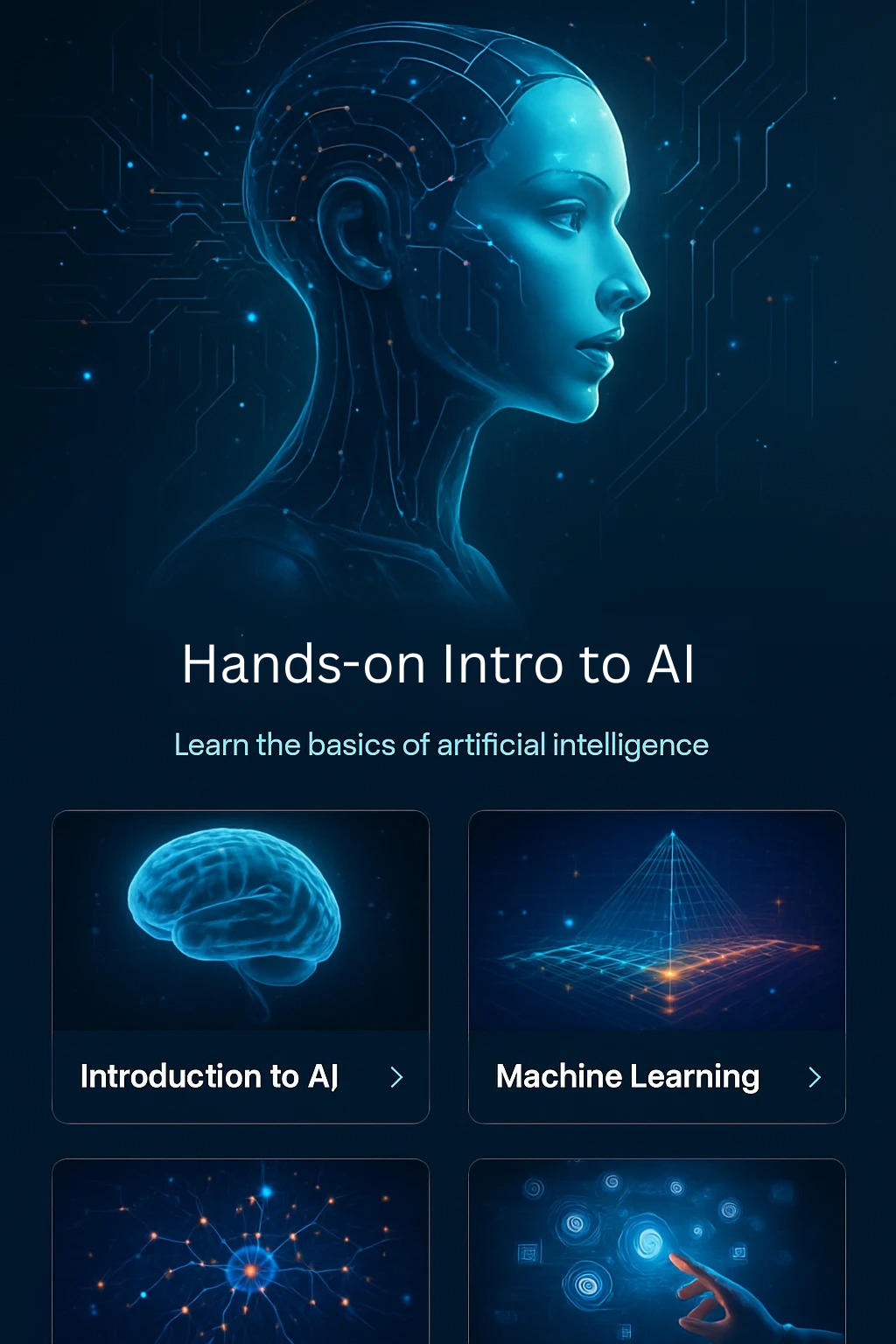
Ethics and the Future of AI
Understanding AI Ethics
As AI becomes more integrated into our lives, ethical concerns are gaining prominence. Key ethical considerations include:
- Bias and Fairness: AI models can reflect and even amplify existing societal biases if not properly trained and evaluated.
- Transparency: Understanding how AI makes decisions is critical. Many systems operate as “black boxes,” making it hard to trace their reasoning.
- Privacy: AI systems often rely on large datasets, which may include personal or sensitive information. Ensuring responsible data handling is essential.
- Accountability: When AI causes harm or makes a mistake, it is important to determine who is responsible — developers, users, or organizations?
The Future of AI
The future of AI holds incredible promise but also raises profound questions about society, work, and humanity:
- Automation: AI may replace certain jobs, particularly those that involve routine tasks. This creates challenges but also opportunities for new roles and industries.
- Collaboration: Humans and AI working together can lead to innovations in medicine, education, art, and more.
- Superintelligence: Theoretical discussions around AI becoming more intelligent than humans raise both excitement and concern.
- Ethical Development: Ensuring that AI is developed with human values in mind is a critical task for future technologists and policymakers.
By learning about AI today, you're helping shape a future in which these technologies are used responsibly and creatively.